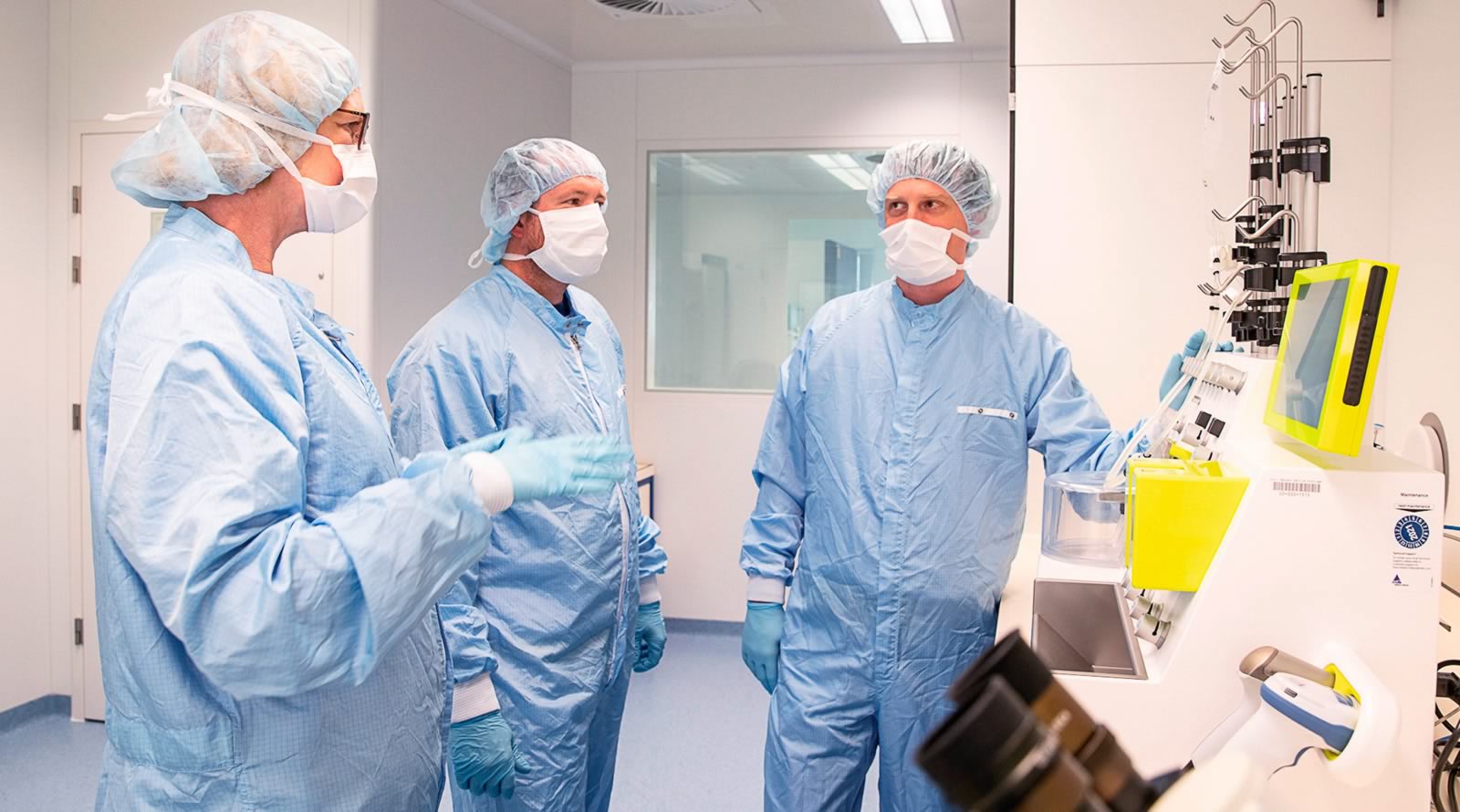Immunotherapy: the next level
Immunotherapy is a form of treatment that helps the patient’s own immune system to inhibit or kill cancer cells. It is proving to be very successful in treating metastasized melanoma. In recent years, research has focused on improving, refining and effectively using immunotherapy for increasingly more types of cancer.
Gynaecologist-oncologist Prof. Hans Nijman is studying the use of immunotherapy for treating womb cancer. Womb tumours with multiple DNA faults are particularly responsive. The idea is to treat women with this type of womb cancer before a hysterectomy is performed. If the treatment works, it may be possible to avoid removing the womb and giving additional treatment. This is particularly important for women who wish to have children.
Although the results of immunotherapy can be spectacular, some patients do not respond well despite suffering the side-effects. The high price of the drugs also comes at a cost to society. Molecular biologist Dr Marco de Bruyn wants to be able to predict which patients will respond to immunotherapy. He is trying to find out whether a PET scan would show how many immune cells are present in the tumour to kill off the cancer cells. And whether this is a good indicator for the success of the treatment. He labels the immune cells with a radioactive substance to make them visible on the PET scan.
Colourful detection method
Otorhinolaryngologist Dr Max Witjes also makes cancer cells visible, but in this case in order to detect tumours. He intends using this method to find the primary tumours in patients with distant metastases in the head and neck area. The current methods for doing this are far from ideal. The invasive practice of removing soft tissue from the tongue and tonsils for microscopic examination is particularly unpleasant for patients.
Witjes wants to find out whether it would be possible to label cancer cells in the mouth and throat area using a fluorescent tracer. This would allow the surgeon to pinpoint the exact location of the tumour using a special camera during a laparoscopy. Witjes is trying to discover how often this colourful method can prevent the need for the surgical removal of soft tissue from the throat. He also wants to know which of the two available tracers is the most efficient.
Proton therapy and the Young Investigator Grant
The fourth UMCG research project is focusing on ways of improving radiotherapy treatment plans and reducing side-effects through real-time verification of proton therapy. Dr Peter Dendooven is heading this research project. Dr Lisanne van Dijk was awarded a Young Investigator Grant, which she will spend on research into improving ways of predicting and preventing the side-effects of radiotherapy for patients with cancer in the head and neck area. The focus of her research is on the use of artificial intelligence and medical imaging.
€30 million for cancer research
These grants are part of the latest round of funding awarded by KWF Dutch Cancer Society, in which over €30 million has been allocated to cancer research. More information is available on https://www.kwf.nl/onderzoek/financieringsinformatie under ‘Gehonoreerde projecten’ (information in Dutch).



